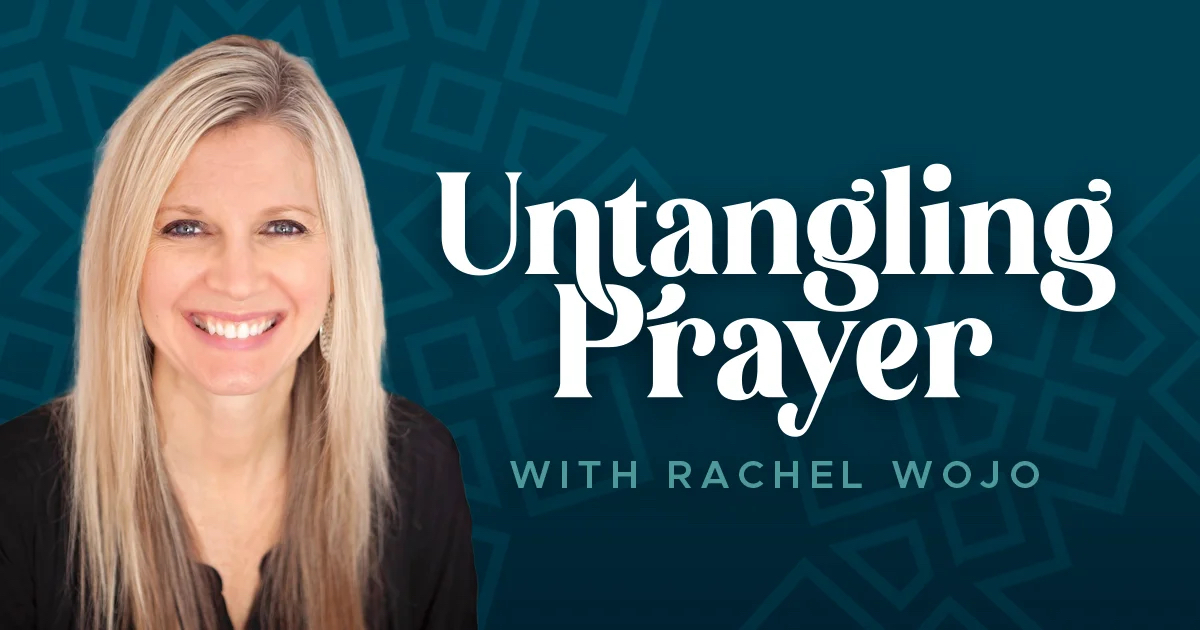
Forgiving Again (and Again)
By: Betsy St. Amant Haddox
Be kind to one another, tenderhearted, forgiving one another, as God in Christ forgave you. - Ephesians 4:32 (ESV)
Forgiving your spouse can be one of the most difficult elements of marriage. It’s not that we necessarily want to hold grudges or stay bitter, but there’s something somewhat frightening about extending forgiveness to the person who has the capability of hurting us the most. And yet, the Bible commands we do so.
Colossians 3:12-13 tells us, Put on then, as God's chosen ones, holy and beloved, compassionate hearts, kindness, humility, meekness, and patience, bearing with one another and, if one has a complaint against another, forgiving each other; as the Lord has forgiven you, so you also must forgive.
It might help to remember that forgiveness doesn’t equal condoning. By forgiving your spouse, you aren’t saying that what they did or said was okay or right. It doesn’t mean they get to do it again. And it doesn’t even mean there won’t be consequences.
Those consequences might vary, but the act of forgiving isn’t an option. It’s a command for believers. Jesus told Peter and the others gathered in Matthew 18 to forgive not once, but seventy times seven. This isn’t to say, grab a calculator and keep tabs on how many times your spouse messes up, so you can be off the hook. Rather, this is an example of how we are called to forgive over and over.

And before you begin to think that’s impossible or unfair, consider Jesus’ next words in Matthew 18. He points out the parable of the man who was forgiven a great debt, yet turned around and held another’s debt over his head until he paid every last penny. The one who canceled the man’s debt was furious at his lack of compassion. “Then the master called the servant in. ‘You wicked servant,’ he said, ‘I canceled all that debt of yours because you begged me to. Shouldn’t you have had mercy on your fellow servant just as I had on you?’ In anger, his master handed him over to the jailers to be tortured, until he should pay back all he owed. “This is how my heavenly Father will treat each of you unless you forgive your brother or sister from your heart.”
This is a reminder that we have sinned greatly, and Christ has forgiven us. Therefore, we can and must turn around and forgive others.
That same teaching is backed up here in Mark.
Mark 11:25 (ESV) And whenever you stand praying, forgive, if you have anything against anyone, so that your Father also who is in heaven may forgive you your trespasses.
All sin either will be, or has been, dealt with. There’s no need to avenge ourselves. You might think that because there wasn’t an earthly punishment that the person got away with it. Not so, my friend. Every offense, every crime, every single thing done wrong against you will be addressed. Either it was punished through Christ on the cross, or it will be dealt with in Hell. For us to withhold forgiveness means that we are essentially saying one of two things: that either this person hurt us so badly that even the eternal fires of Hell isn’t a good enough punishment, or that the finished work of Christ on the cross wasn’t enough to cover this particular offense.
Yikes. I don’t know about you, but I don’t want to be guilty of either of those mindsets.
As difficult as it can be to be hurt by your spouse or feel like you’re constantly forgiving them for similar things over and over, the Bible commands us to respond with grace, love, compassion and forgiveness. Because that’s how God responds to us through Jesus Christ.
**Disclaimer** The Bible doesn’t advocate for spouses to stay subjective to physical harm, sexual abuse or other forms of violence. It doesn’t mean if your spouse beats you up that you have to simply forgive and let them do it again. If this is your situation, please talk to a counselor or call 800.799.SAFE (7233) and get the help you need. You can then work on forgiveness and healing from a safe place.
Betsy St. Amant Haddox is the author of over sixteen inspirational romance novels and novellas. She resides in north Louisiana with her drummer of a hubby, two story-telling young daughters, a collection of Austen novels, and an impressive stash of pickle chips. Betsy has a B.A. in Communications and a deep-rooted passion for seeing women restored in Christ. When she's not composing her next book or trying to prove unicorns are real, Betsy can usually be found somewhere in the vicinity of a white-chocolate mocha. Visit her and see a list of books at http://www.betsystamant.com./
 Related Resource: How to Make Your Prayer Habits Stick
Related Resource: How to Make Your Prayer Habits Stick
Have you ever thought: "I wish I would have prayed first?"
Remembering to make prayer our first option over others in times of crisis, need, or our everyday lives can be challenging. We've all experienced the many distractions that circumvent our prayer intentions.
Join Rachel on Untangling Prayer as she shares James Clear's 4 laws of behavior change and how they apply to our prayer lives.
You won't want to miss the amazing answer to prayer and sweet affirmation she also shares as a beautiful example of how God works in our lives today! If you enjoy this episode, be sure to subscribe to Untangling Prayer on Apple or Spotify so you never miss an episode! Rachel also has a new book called Desperate Prayers: Embracing the Power of Prayer in Life's Darkest Moments.